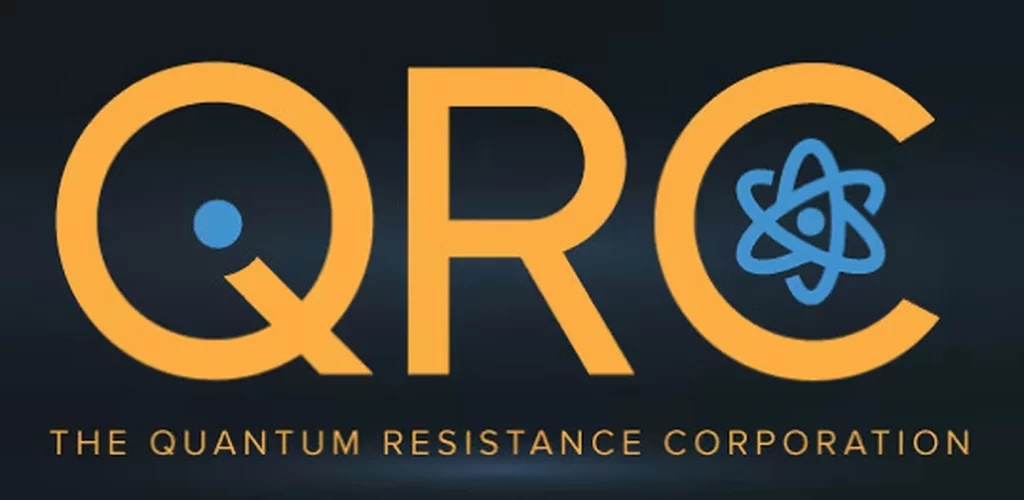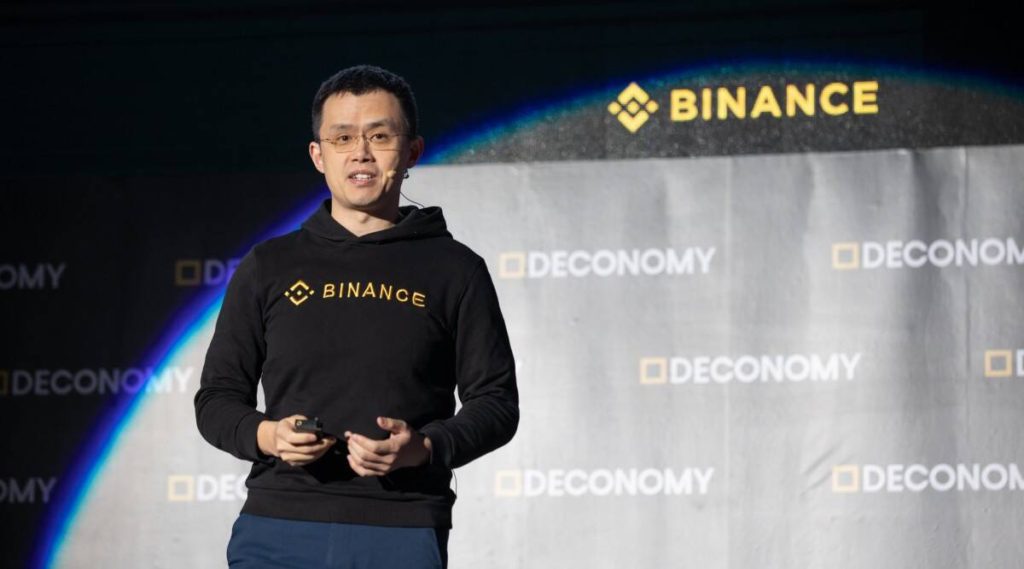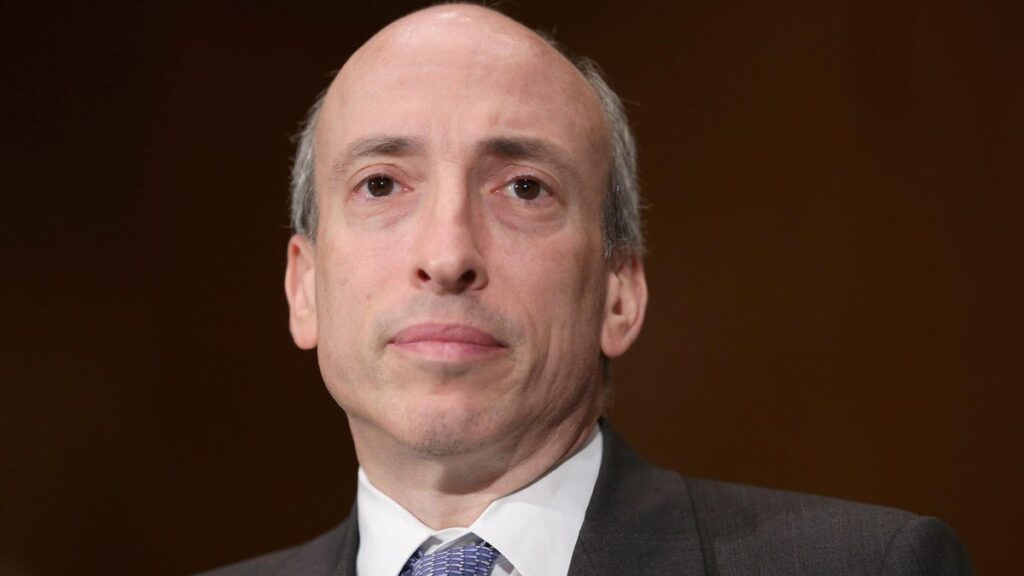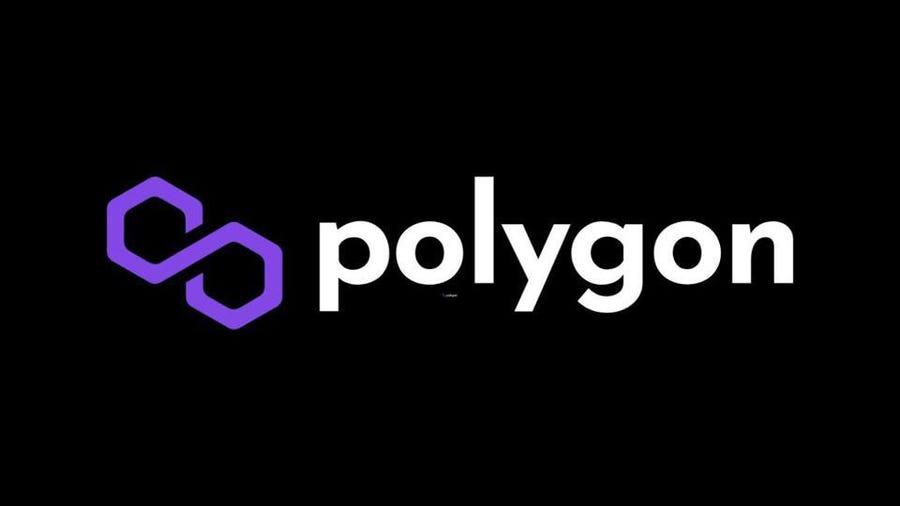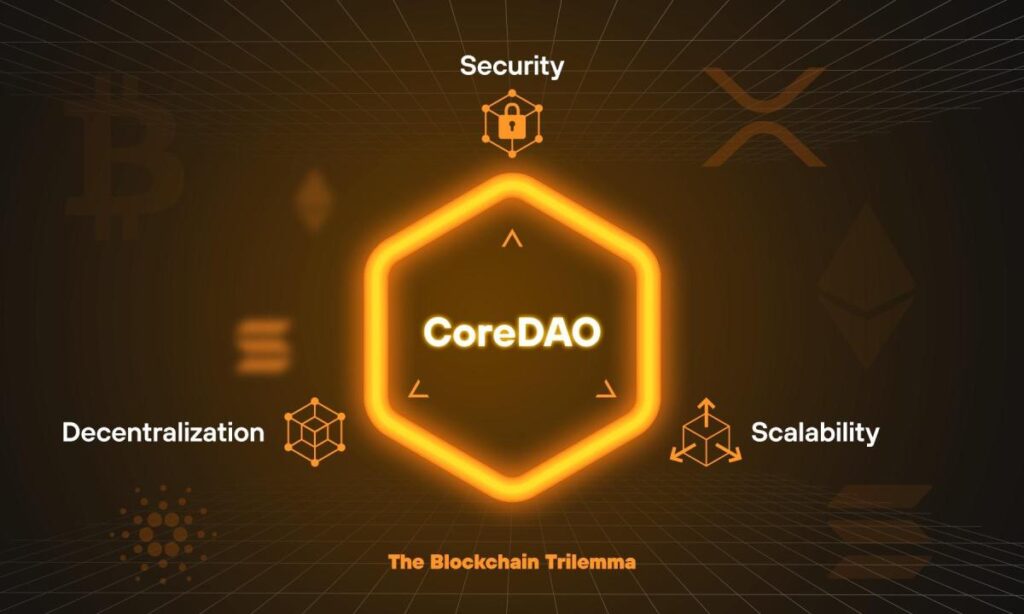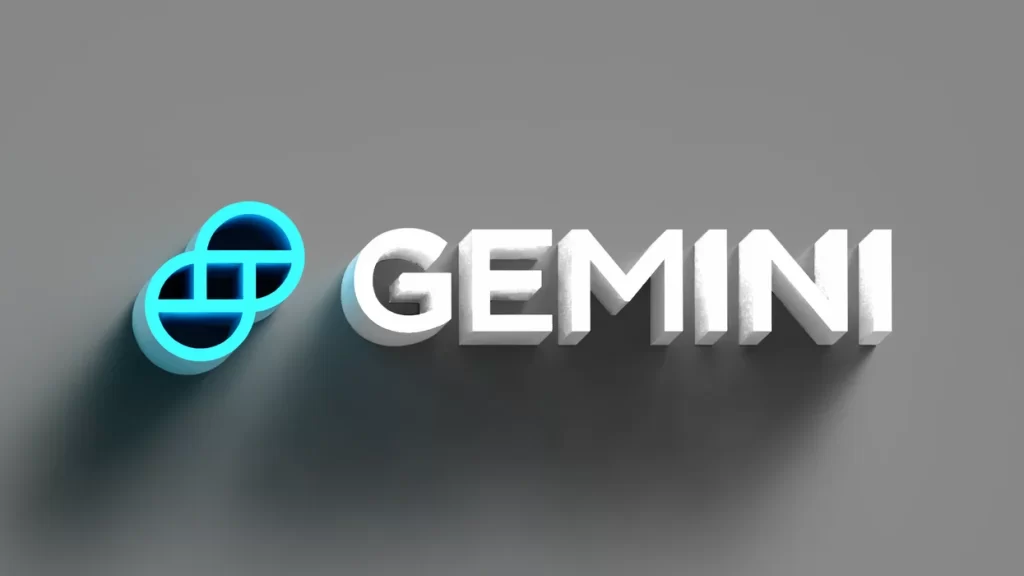Coinbase, a leading cryptocurrency exchange, has obtained a license to operate in Bermuda and is reportedly planning to launch an offshore exchange platform. This strategic move signifies the company’s ongoing efforts to expand its global reach and tap into new markets.
By securing the Bermuda license, Coinbase will be able to offer a wider range of financial services to customers in the region. The move also highlights the growing acceptance of cryptocurrencies and digital asset trading platforms by regulatory authorities in various jurisdictions.
The planned offshore exchange platform is expected to provide Coinbase users with an array of trading and investment options tailored to the specific needs and preferences of the Bermuda market. This expansion will further bolster the company’s position as a dominant player in the global cryptocurrency ecosystem.
In recent years, Bermuda has emerged as a hub for blockchain and fintech innovation, attracting several prominent companies to establish operations in the jurisdiction. The island’s supportive regulatory environment and commitment to fostering the growth of the digital asset industry have played a significant role in its rise as a prominent crypto destination.
The launch of Coinbase’s offshore exchange in Bermuda is anticipated to further enhance the region’s reputation as a blockchain and cryptocurrency haven. By providing local investors and traders with access to a secure and reliable platform for digital asset transactions, Coinbase’s presence in the market is expected to contribute to the growth and development of Bermuda’s burgeoning fintech ecosystem.
As Coinbase continues to expand its global footprint, the company’s entry into the Bermudian market signals its commitment to exploring new opportunities and establishing a strong presence in emerging crypto hotspots. This strategic move not only strengthens Coinbase’s position in the global market but also underscores the growing acceptance and adoption of cryptocurrencies worldwide.


